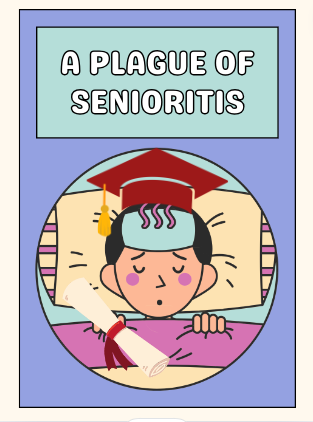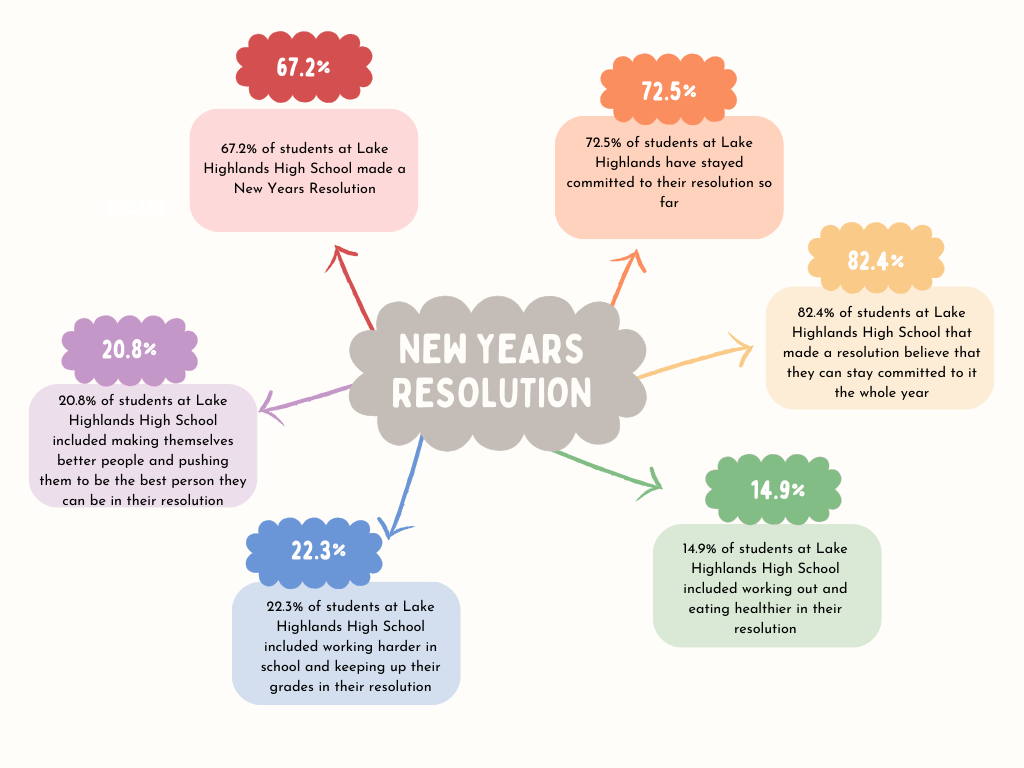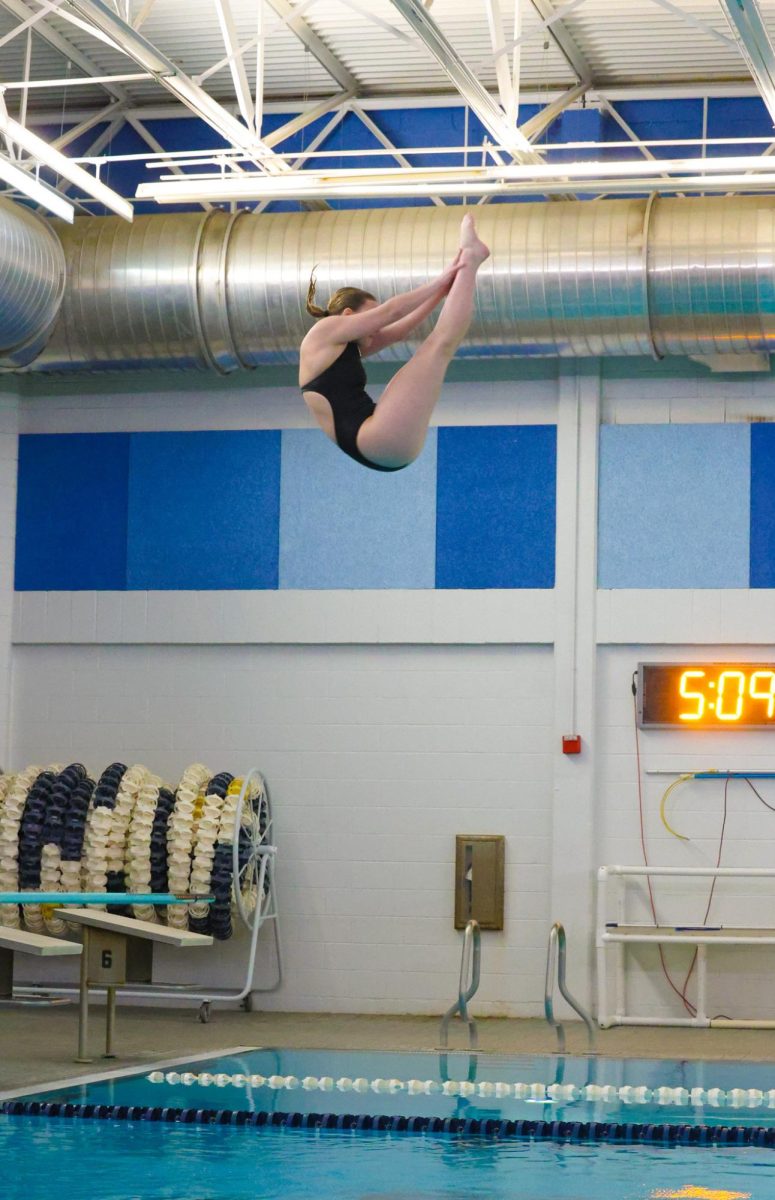Is there enough time?
By Jack Lawson and Ameyla Ho
Have you ever noticed the students wandering around the hallways after the bell rings? This usually results in many students being tardy. There are around 300 tardies recorded every day.
According to Bobby Orozco, the attendance specialist at LHHS, sophomores are more likely to be tardy than any other grade, and first period is the period with the most tardy students.
Students are tardy for a multitude of reasons. The most common reason is hanging out with friends in the hallways or staying behind in their previous classes. For the kids that drive to school, there’s typically a chokepoint at the Skillman and Church intersection which causes tardies to happen. Some tardies also happen when a student has to walk from one side of the building to another.
Bo Richardson, 10, has to walk from one side of the building to the other.
“I’m typically late because the hallways are crowded and it’s too much distance to travel in the passing period. I’m lucky though because a lot of teachers are gracious with tardies since they understand,” Richardson said.
When a student is marked tardy or absent from class, the teacher puts that into Focus, and Focus sends a text or email to the parent to notify them that their kid is not in class. If a student receives seven tardies they are sent to detention.
If tardies continue then In-School Suspension (ISS) is assigned. ISS is also assigned if students skip their detention. In the worst-case scenario, students get sent to truancy court. A judge can make students pay a fee, do community service, do tutoring hours, and other consequences.
Tardies are sometimes assigned incorrectly. The school has a 3-minute grace period after the bell rings for students to make it to class. There are, however, teachers that don’t abide by this rule. This in turn results in more tardies being reported, so some students are punished even though they made it to class on time.
Do students think the punishment for tardies is too extreme? British Leffall, 11, said no, but he said the passing period should be extended to at least 10 minutes, so students can make it from building to building on time.”
On the other hand, many students are on time.
“If you’re on time, you’re prepared and it shows that you care and that you’re ready. It speaks volumes. But it is hard to be on time,” Adora Ho, 11, said.
But what are the teacher’s perspectives on tardiness? “I typically have seven to eight students tardy for the first class of the day,” Kimberly Cox, Environmental Science, said. “I would estimate that on average almost 20% of my class is tardy for any given period,” Nick Whitham, Physics, said.
In the end, most students tend to agree that the school should extend the passing period, that the punishment for tardiness is not an extreme one, and everyone seems to be late when going between the L and H buildings. Teachers notice how many students are late and do see the consistencies. So what should be done? That, however, is up to the administration.
Your donation will support the student journalists of Lake Highlands High School . Your contribution will allow us to purchase equipment and cover our annual website hosting costs.




































